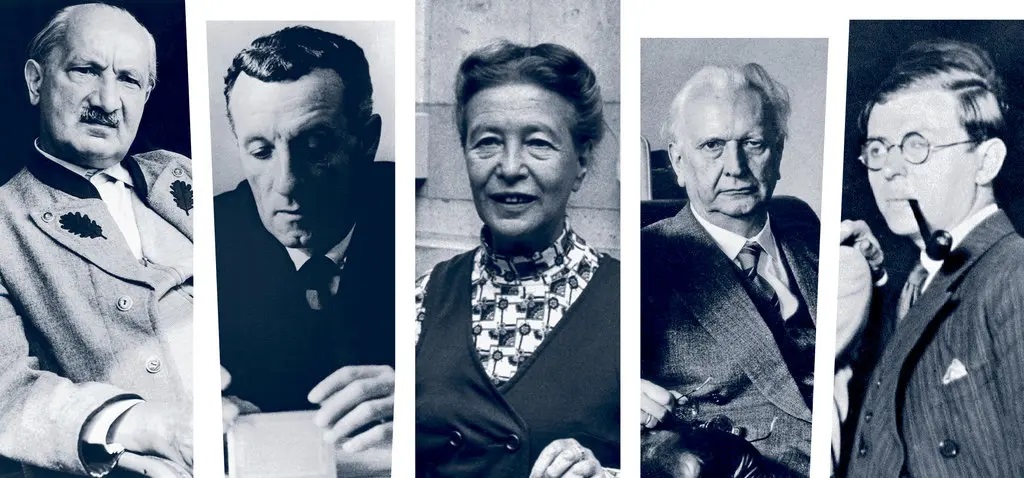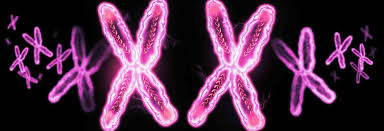
Philosophy of Gender
Philosophy of Gender aims to bring the philosophical nuances in gender studies

Philosophy of Science
Philosophy of Science is a second order discipline in philosophy.
The objective of the course is to highlight the significance of philosophy in analysing the activities happening in the field of science and also the methods used in science

Philosophical Counselling Indian
This course is on Philosophical counselling in Indian Philosophy
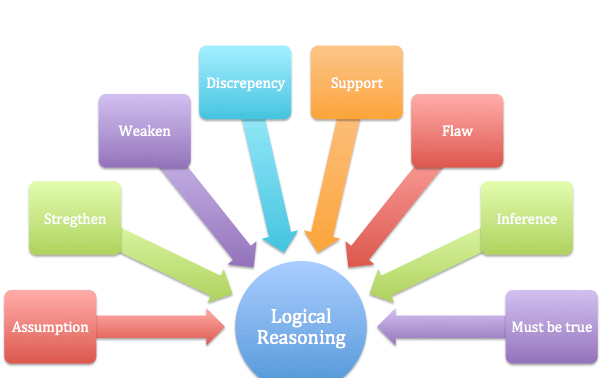
Fundamentals of Logic
Logic is a fundamental discipline that everyone should learn. It deals with the science of valid reasoning . It helps to improve our analytical ability and boost critical reflections.
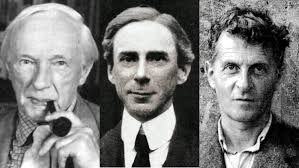
Analytical Philosophy
About this Course
OBJECTIVES:
- This course is intended to pursue the philosophical analysis in the early part of 20th century and to impart the basic ideas and concepts of linguistic philosophy.
- It focuses on exploring the linguistic turn in the philosophical methods and analyzing the rise of logical positivism and the linguistic philosophy.
- It also highlights language analysis of different thinkers in the Analytical philosophy.
COURSE OUTCOMES:
CO1: Articulate and exemplify the basic knowledge
of Analytic philosophy.
CO2: Apply the method of logical analysis of language in addressing philosophical problems.
CO3: Apply linguistic performativity to explain philosophical issues.
CO4: Analyse how language and reality are related.
CO5: Critically examine the applicability of verification principle.
CO6: Develop an inquiry into a philosophy which can synthesis both ideal language and ordinary language approaches.
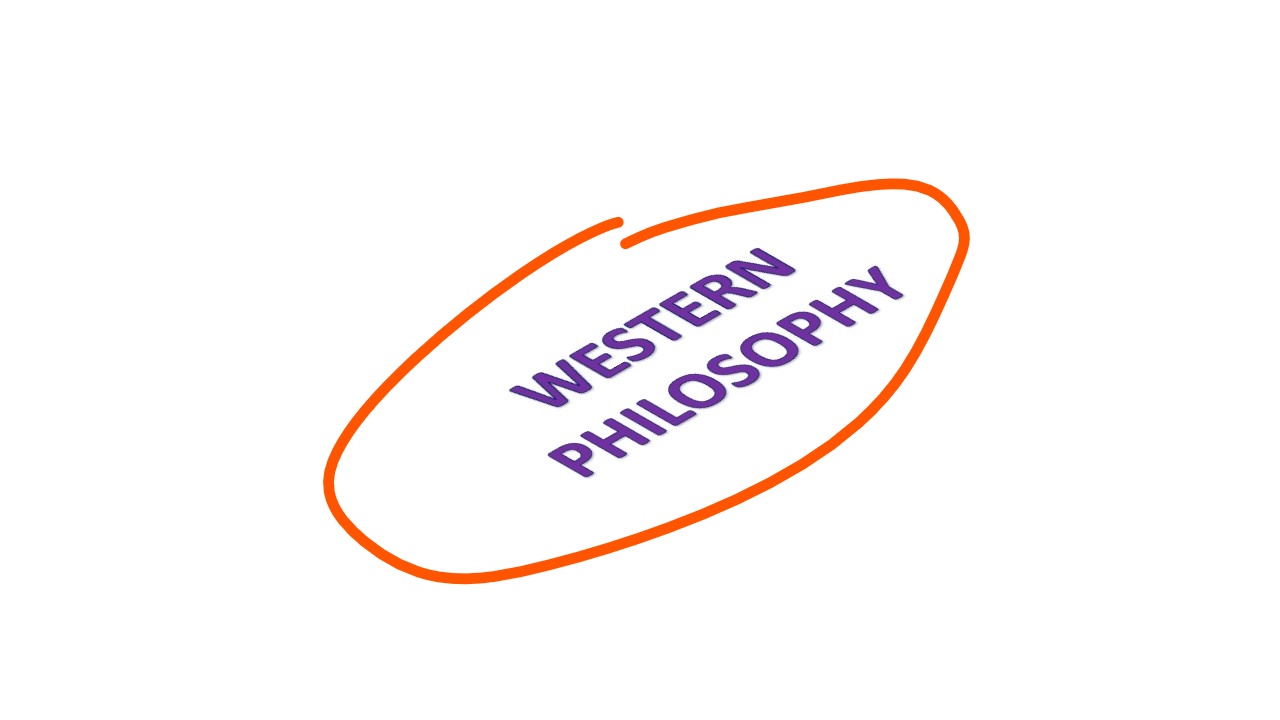
Western Philosophy: Greek, Medieval and Modern
The course is designed with the objective of making students understanding the different methods
of Epistemology and Metaphysics in Western Philosophy from Greek to Modern. It makes them
analyze fundamental problems like problem of knowledge, mind-body problem, Causation theory,
Problem of substance, Problem of change and permanence etc. It also makes them evaluate the
methods used in Greek, Medieval and Modern philosophy such as Socratic method, Descartes’
method, Dialectics etc.

PHI CC 411 Indian Epistemology and Metaphysics
Objective of this course is to formulate an in-depth knowledge and descriptive overview of the ancient Vedic Philosophy to Vedanta Philosophy. It also emphasizes on creating a critical and novel approaches on the basic Epistemological and Metaphysical problems of ancient Indian Philosophical systems, Particularly in the Heterodox (Nāstika) and Orthodox (Āstika) systems

RECENT DEVELOPMENTS IN CONTINENTAL PHILOSOPHY
|
SEMESTER IV |
Course Code PHI-CC-441 |
Credits: 4 |
NAME OF THE COURSE: RECENT DEVELOPMENTS IN CONTINENTAL PHILOSOPHY
OBJECTIVES:
This course is designed with the goal of exposing students to significant critical concepts in recent developments in continental philosophy such as structuralism, post-structuralism, critical theory, feminism etc. It explains the paradigm shift occurred in the knowledge field that leads to the employment of new strategies, tools and methodologies in philosophising and conceptualising.
COURSE OUTCOMES:
CO1: Articulate and exemplify basic knowledge of recent development in continental
philosophy
CO2: Understand language as a structural system.
CO3: Analyse the deconstructive turn in philosophy and apply deconstruction as a philosophical method.
CO4: See how postmodern thinkers use relativism and plurality for problematising philosophical concepts and destabilise totalising theories.
CO5: Analyse and debate on Habermas’ and Lyotard’s perspectives on project of
modernity and postmodern goals.
postmodern philosophy.
CO6: Familiarise with French feminism, post-colonial studies and
post-psychoanalysis as later developments in continental philosophy and find
out their significance.
MODULE I: STRUCTURALISM
Introduction
Language as a Structural System Saussure: Language as a Science of Signs. The Nature of Signs- Langue and Parole
MODULE OUTCOME:
After Completion of this module, the student should be able to:
M01.1: Understand language as a structural system. (Understand)
M01.2: Define langue and parole. (Remember)
M01.3: Analyse how language becomes science of signs. (Analyse)
M01.4: Evaluate structuralist interpretation of language. (Evaluate)
M01.5: Apply structuralist model to interpret philosophical problems. (Apply)
M01.6: Make their own structuralist interpretations of various philosophical problems.
(Create)
MODULE II: POST STRUCTURALISM AND DECONSTRUCTION
Deconstructive Turn
Roland Barthes: Death of the Author
Derrida: Deconstruction; Critique of Logocentrism- Metaphysics of Presence- Difference.
MODULE OUTCOME:
After Completion of this module, the student should be able to:
M02.1: Define text and reading text. (Remember)
M02.2: Understand deconstruction. (Understand)
M02.3: Apply method of deconstruction as a philosophical method. (Apply)
M02.4: Analyse Derrida’s concept of logocentrism (Analyse)
M02.5: Evaluate the concept of death of the author. (Evaluate)
M02.6: Demonstrate how new text is written by a reading or rereading. (Create)
MODULE III: POST STRUCTURALISM AND THE QUESTION OF OTHER
Levinas: Alterity-Face Substitution Lacan: Mirror Stage Foucault: Archaeology as the Method of Knowledge
MODULE OUTCOME:
After Completion of this module, the student should be able to:
M03.1: Remember the theory of face substitution. (Remember)
M03.2: Understand Lacan’s concept of mirror stage. (Understand)
M03.3: Apply Foucauldian discourse as a philosophical method. (Apply)
M03.4: Analyse how post structuralist thinkers problematising the problem of other (Analyse)
M03.5: Critically examine archaeology as the method of knowledge. (Evaluate)
M03.6: Write critical comment on mirror stage. (Create)
MODULE IV POSTMODERNISM
Lyotard: Critique of Metanarrative Tradition, Knowledge and Power Rorty: Anti-representationalism, Pragmatism
MODULE OUTCOME:
After Completion of this module, the student should be able to:
M04.1: Define pragmatism. (Remember)
M04.2: Understand metanarratives. (Understand)
M04.3: Apply relativism and plurality for problematising philosophical concepts. (Apply)
M04.4: Analyse the relation between knowledge and power. (Analyse)
M04.5: Evaluate anti-representationalism of Rorty. (Evaluate)
MODULE V: CRITICAL THEORY
Jurgen Habermas: The theory of communicative action
Theodor Adorno: The theory of negative dialectics, identity thinking, instrumental reasoning
MODULE OUTCOME:
After Completion of this module, the student should be able to:
M05.1: Explain unfinished project of modernism. (Remember)
M05.2: Understand and analyse identity thinking. (Understand/Analyse)
M05.3: Apply Habermas’s method of communicative action to address socio-political
problems. (Apply)
M05.4: Compare the concept of assent and dissent in postmodern philosophy. (Analyse)
M05.5: Evaluate the theory of negative dialectics. (Evaluate)
M05.6: Debate on Habermas versus Lyotard. (Create)
MODULE VI: OTHER THEORETICAL DEVELOPMENTS IN CONTINENTAL PHILOSOPHY
Feminist Theory: Simone de Beauvoir, Luce Irigaray, Julia Kristeva, Hélène Cixous, Post-colonialist Theory: Frantz Fanon Post Psychoanalyst Theory: Deleuze and Guattari: Schizoanalysis
MODULE OUTCOME:
After Completion of this module, the student should be able to:
M06.1: Define feminism. (Remember)
M06.2: Understand post psychoanalyst theory. (Understand)
M06.3: Apply post-colonialist methodology to interpret indigenous culture and philosophy.
(Apply)
M06.4: Analyse development of feminism. (Analyse)
M06.5: Evaluate the significance and limitations of post-colonialist Studies. (Evaluate)
ACTIVITIES, LEARNING RESOURCES & ASSESSMENT
SUGGESTED CLASS ROOM ACTIVITIES:
· Assignments
· Seminar Presentation on selected topics
· Debates
· Quiz
· Demonstration of simple experiments
· Field work and survey
REFERENCES:
· George, Siby K. (2004), Existential Authenticity, Abhijeet Publications, New Delhi.
· Lavenson, Michael. (1999), Modernism, Cambridge University Press, UK.
· Layon, David. (2002), Post Modernity, Viva Books Pvt Ltd, New Delhi.
· Singh, Alka. (2014), Post Modernism, Yking Books, India.
· Solomon, Robert C and Sherman David. (1988), Continental Philosophy, Blackwell Publishers, USA.
· Kanti Bhadra, Mrinal(1990) Phenomenology and Existentialism, ICPR, New Delhi
ONLINE RESOURCES
· http://www.oxfordreference.com/browse?t0=ORO:AHU02720
· https://www.rep.routledge.com/
ASSESSMENT
40% Continuous / Formative Assessment (see PG Regulations).
60% End-semester/Summative Assessment: 3 hour written Exam.

